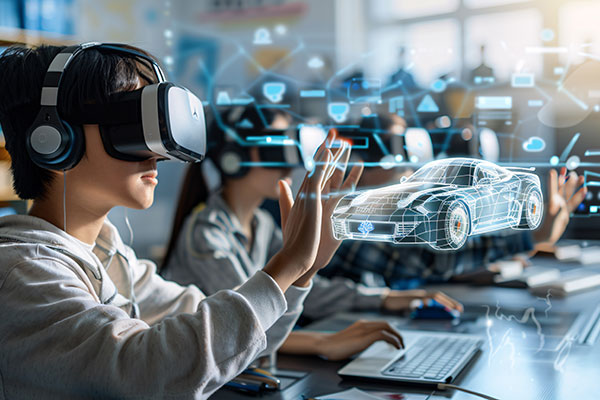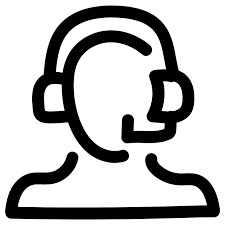
The Future of Learning: How Virtual Reality is Revolutionizing Education
In today's fast-paced digital world, technology is transforming every aspect of our lives, including how we learn. One of the most exciting advancements in education is the integration of Virtual Reality (VR), which is reshaping the traditional classroom experience.
Immersive Learning for Deeper UnderstandingVR takes students beyond textbooks and lectures, immersing them in interactive environments where they can experience concepts rather than just read about them. Imagine studying automotive engineering and being able to interact with a 3D hologram of a car, disassembling its parts, and seeing how they function—without ever stepping into a workshop.
Bridging the Gap Between Theory and PracticeFor subjects that require hands-on experience, VR provides a safe and controlled environment where students can practice real-world applications. Medical students can simulate surgeries, architects can explore their designs in 3D, and physics students can conduct experiments in a virtual lab, all without the risk of making costly mistakes.
Engaging Students Like Never BeforeTraditional teaching methods often struggle to keep students engaged, but VR captures their attention through gamified, interactive lessons. By making learning an adventure, VR can enhance retention rates and improve understanding, catering to different learning styles in an exciting way.
Breaking Barriers in EducationVR has the potential to make education more accessible for students regardless of their location. Remote learners can participate in virtual field trips to museums, historical sites, or even outer space—eliminating geographical and financial barriers to quality education.
Preparing for the Future WorkforceWith industries adopting advanced technology at an unprecedented rate, students need to be prepared for the jobs of tomorrow. VR-based education equips learners with cutting-edge skills, making them more competitive in fields like engineering, medicine, architecture, and data science.
Final ThoughtsVirtual Reality is not just a futuristic concept, it is already revolutionizing the way we learn. As technology continues to evolve, integrating VR into education will become the norm, creating a more engaging, interactive, and effective learning experience for students worldwide.
Are you ready to step into the classroom of the future?











